Tools for Changemakers: Conversation with David Bollier
Mutual aid. Local money. Collaborative care. Alternative futures are being created around the world -. but not, for the most part, in plain sight. David Bollier’s new book – Commoner’s Catalog for Changemaking: Tools for the Transitions Ahead – brings dozens of social projects like these to [continue …]
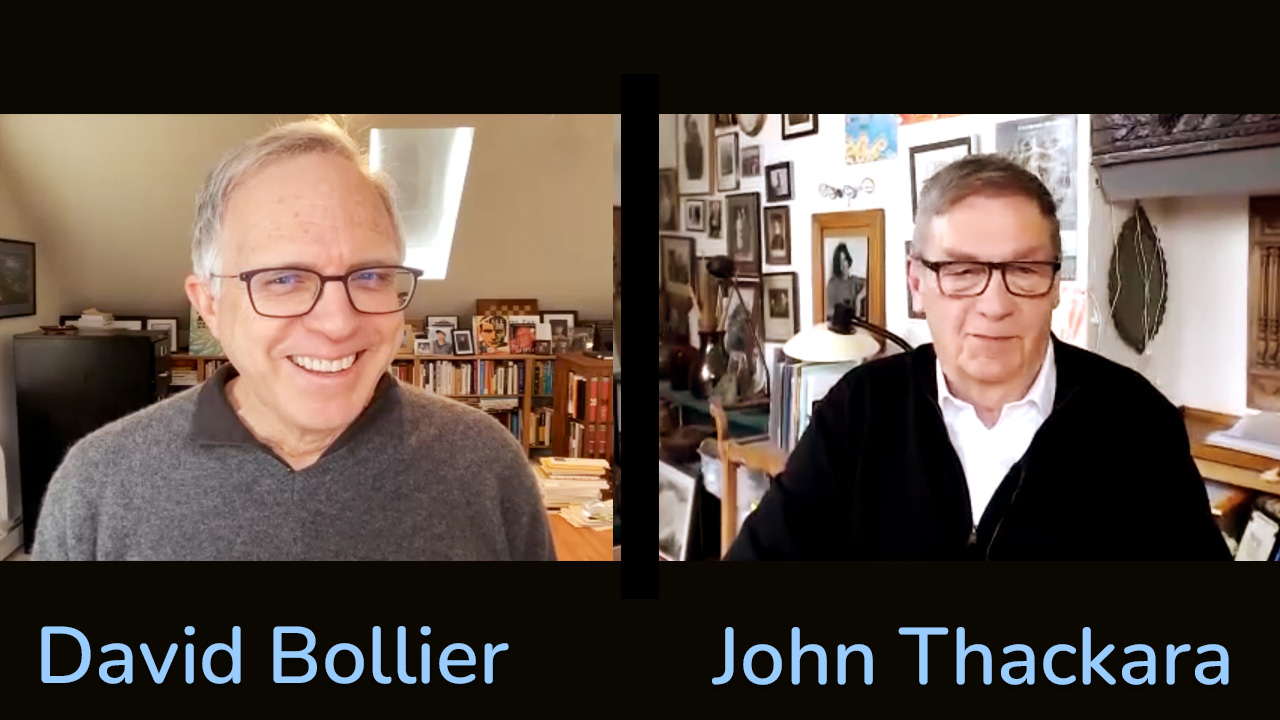
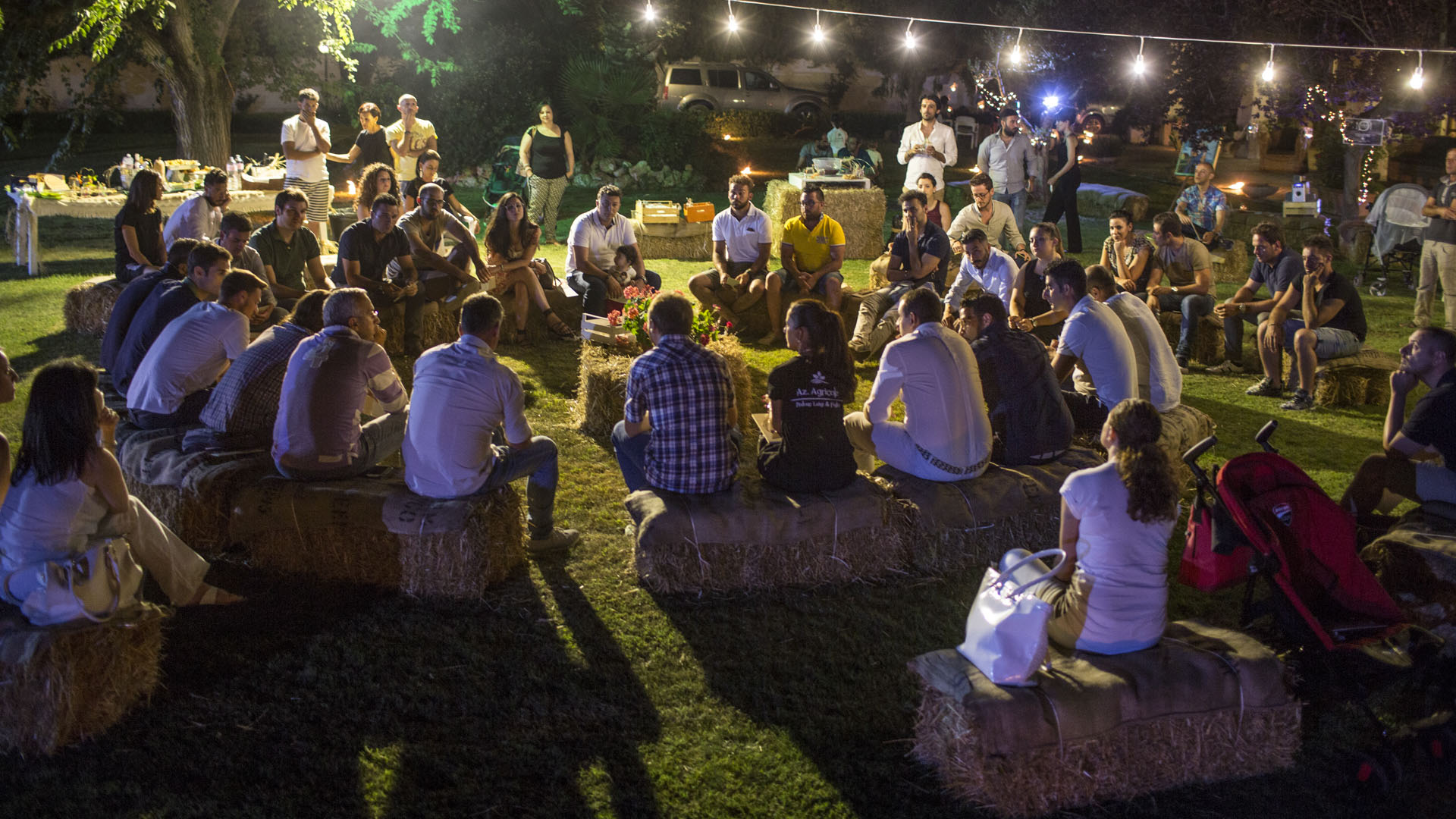
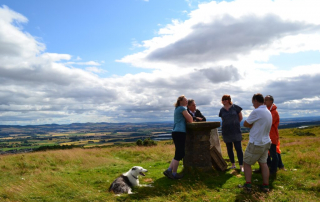
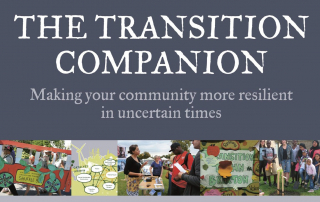

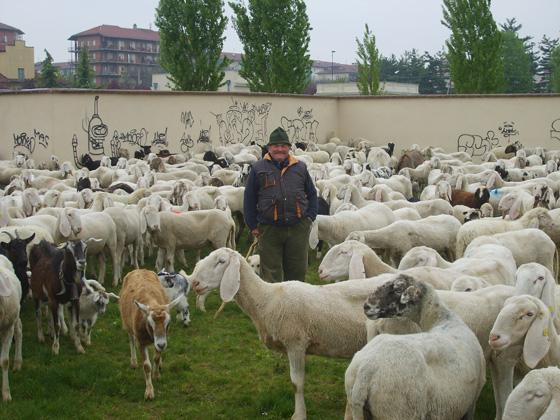
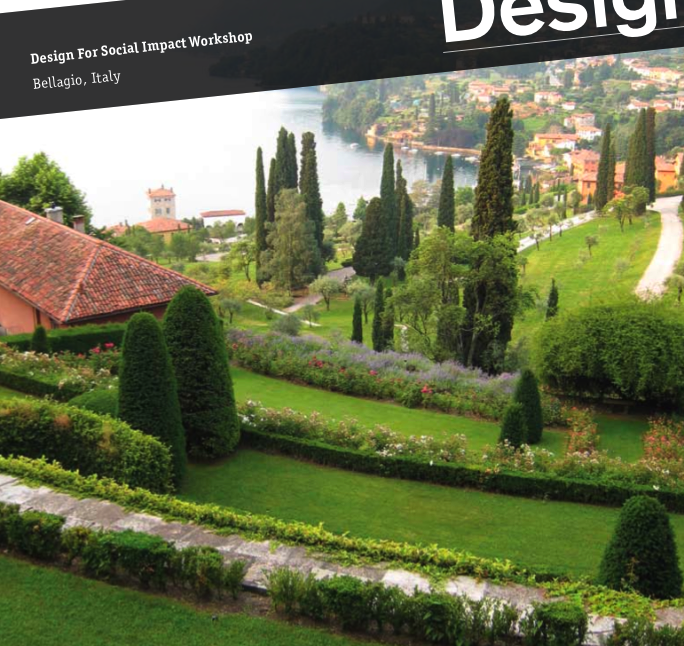
 I was critical, at the time it was announced, of a
I was critical, at the time it was announced, of a 

